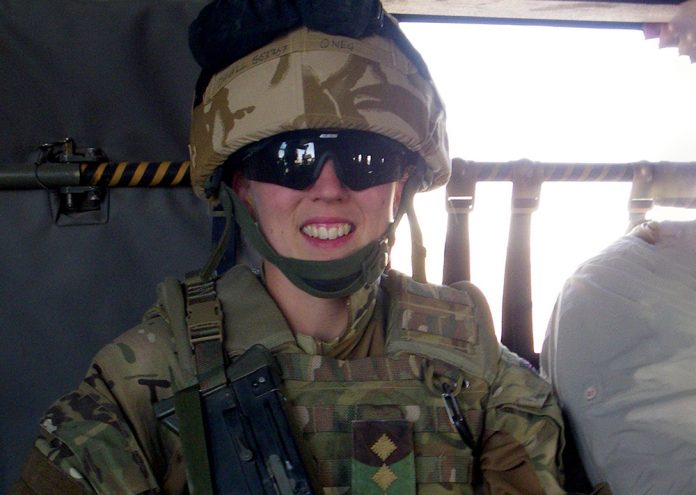Over recent weeks, we have seen how UK Armed Forces have supported the national response to Coronavirus. Initially, military planners and intelligence operatives helped the NHS develop strategies for local health boards to deal with COVID-19. Military engineers and logisticians helped to supply PPE and develop new treatment and testing infrastructure. Now, military personnel are enabling and running the roll-out of mobile COVID-19 testing units.
These are not activities that you might have expected the UK’s “fighting” Forces to be doing. But it demonstrates the agility and quick reaction that our modern Armed Forces have, to do whatever is needed.
The ability to adapt, innovate and problem solve is ingrained into all Forces personnel from day one of their military career. These soft skills, including excellent communication, cultural appreciation, and team leadership, could hugely benefit organisations across sectors and industries when figuring out what their “new normal” is.
Service leavers and Veterans receive extensive and high-quality training in their chosen trade, from engineering to telecoms, logistics to operations management. Many of these are skills shortage areas for Scotland. Most service leavers enter the civilian workforce with many qualifications in project management, health and safety and IT/Cyber security on top of degrees. Their experience is accredited by relevant professional bodies including the Institute of Leadership and Management, Chartered Institute of IT professionals, Institute of Engineering and Technology and Chartered Institute of Logistics and Transport.
So why is it that less than a third of organisations consider recruiting ex-Forces according to Veterans Work?i
Is there a concern about the impact of Veterans mental health? Quite rightly there has been a concerted effort to increase the support to the military in areas of mental health. However, proportionately, UK Veterans are less likely to suffer mental health issues than the wider population. One in five Veterans compared to one in four in the general population suffer with mental ill-health at any one timeii.
Do you think Veterans lack commercial experience? Many ex-Forces have worked in circumstances with limited resources, trying to reduce costs and increase efficiencies. This is particularly true of senior leaders. MOD budget constraints are well documented and military personnel have had to play their part. Moreover, within some roles, Veterans will have had responsibility for budgets and projects valued into the £millions. These can range from leading single projects to managing multiple, concurrent projects running into the $100mn mark. Almost all will have worked with civilian agencies and contractors and been responsible for the day to day management of those business relationships.
Do you think that ex-military can only follow orders or that they can only bark orders at people? Modern military leadership is intent based. Military leaders will adapt their leadership style to suit the situation and the people involved. It revolves around empathy and emotional intelligence and is collaborative, based on trust and respectful.
Quite often the person in charge is not the technical specialist. They are a generalist and must build trusting relationships with their teams to engage the specialists whilst being humble enough to admit to not having all the answers. In many respects, it is a hard form of leadership. They cannot allow “knowledge is power” to be applied. If you employ an ex-military leader, you will find that they do demand high performance. But they are hugely supportive of their team and will put immense efforts into enabling their team members to perform to their full potential. They will engage their team and lead them with a clear purpose and performance standards.
So if you’re looking at your headcount and growth plans and trying to figure out your plan for 2020 and beyond given the dramatic changes and continued uncertainty, look to the ex-Armed Forces community for your next hire and let Joint Force Alba show you how.
Emma Davies is a Director at Joint Force Alba, the only Scottish ex-military recruitment consultancy. She had a 13-year career in the British Army, including operational deployments to Iraq and Afghanistan. She combines that with 15 years working in HR and recruitment to provide unique recruitment solutions to businesses across Scotland.
i https://www2.deloitte.com/uk/en/pages/about-deloitte-uk/articles/veterans-work.html#
ii https://www.centreformentalhealth.org.uk/veterans-mental-health-key-facts






